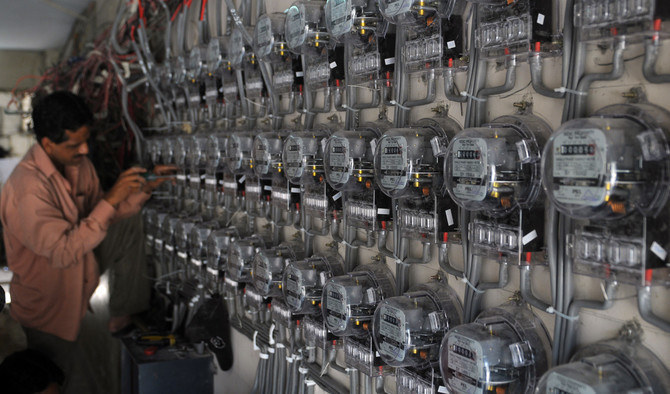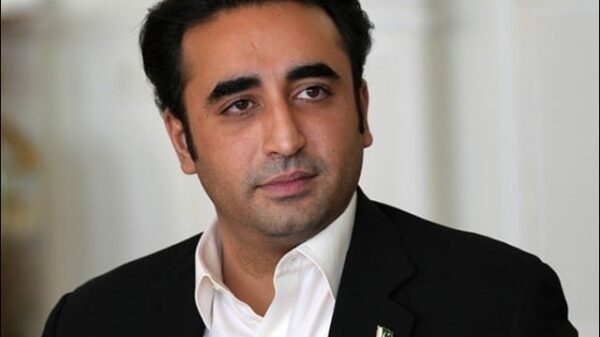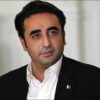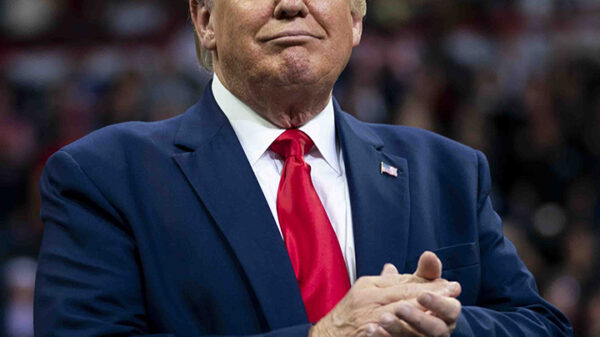The government is planning to offer a cheaper electricity tariff for domestic and commercial consumers in coming winters to shift space heating to power instead of gas. The government is going to take this decision in the wake of increase in consumption of electricity in the country.
“Ministry of Energy is moving a proposal for seasonal emerging pricing for domestic & commercial consumers to encourage power consumption during off-peak months,” Energy Minister Hammad Azhar said in a tweet. “The success of Industrial Energy Package demonstrates that such incentives provide relief & absorb part of surplus capacity,” he added.
Min of Energy is moving a proposal for seasonal energy pricing for domestic & commercial consumers to encourage power consumption during off-peak months.
— Hammad Azhar (@Hammad_Azhar) September 3, 2021
The success of Industrial Energy Package demonstrates that such incentives provide relief & absorb part of surplus capacity.
According to Dawn.com, gas companies have been struggling to meet demand in winter months, mostly in Punjab and Khyber Pakhtunkhwa, and had been compelled to provide highly expensive imported LNG (liquefied natural gas) to domestic and commercial consumers at highly subsidised rates to avoid political upheaval. Resultantly, the gas sector’s circular debt had gone beyond Rs150 billion and would further increase rapidly because of rising LNG prices.
Special Assistant to the Prime Minister on Power Tabish Gauhar has been recommending since joining government last year that boosting power demand through lower consumer tariff would have denominator effect. Last week, he said that while successful industrial support package continued until October 2023 and the overall demand was increasing in line with post-Covid GDP growth, another package to boost residential sector demand in winters was almost ready for internal approval and subsequent public rollout.
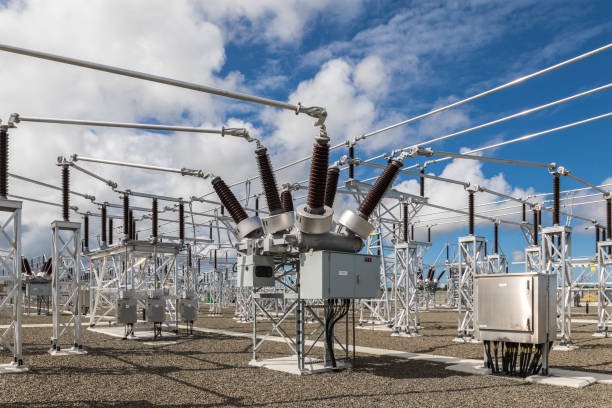
Mr Gauhar said that even at the existing electricity and gas tariffs, if 300,000 three-phase “well-off” consumers were to switch from gas to electricity — AC Inverter — for space heating, “we could potentially see a 300MW increase in power demand and 50mmcfd decrease in gas usage”.
At discounted power tariff and correspondingly enhanced gas charges, the impact on power demand should be much greater in winter months. Notwithstanding the recent demand-supply challenges, it is important to recognise that almost 25,000MW of “committed” power projects in the pipeline or under construction, post-letter of support need absorption in off-peak months.
A power ministry official said the Economic Coordination Committee of the cabinet was recently informed that the industrial support package had increased power consumption from five per cent in November 2020 to 18pc in June 2021 and was expected to further boost consumption by 25pc in Discos’ (distribution companies) network and about 40pc in K-Electric area.
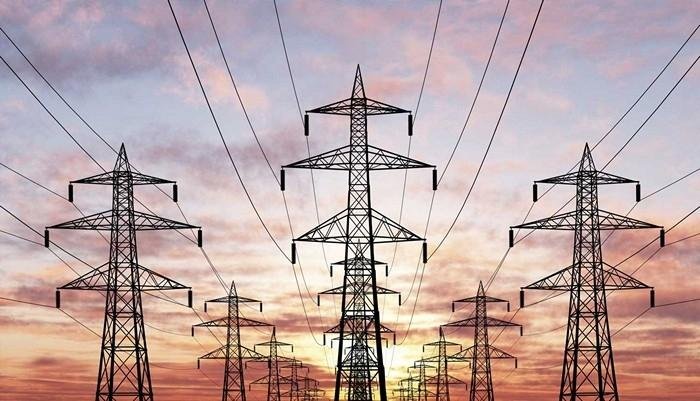
Under the package, industrial consumers are charged a cheaper rate of Rs12 per unit on an incremental consumption basis. The discounted rates for domestic and commercial consumers were introduced a couple of years ago by then power secretary Irfan Ali, but was later discontinued.
The National Electric Power Regulatory Authority had in June cleared extension of flat electricity tariff to industrial consumers across the country without the application of expensive peak-charges till June 30, 2022.
The approval came following a decision by the Cabinet Committee on Energy (CCoE) and ratified by the federal cabinet on the ground that the industrial support package had contributed significantly to growth in industrial output and resultantly the economic growth rate.
The Power Division had reported in April that on an average 21pc consumption growth had been observed during the November-February period, with a peak of 28pc higher consumption in February alone, with major consumption in B3 and B4 categories, and involved a total subsidy of Rs7.75bn.


